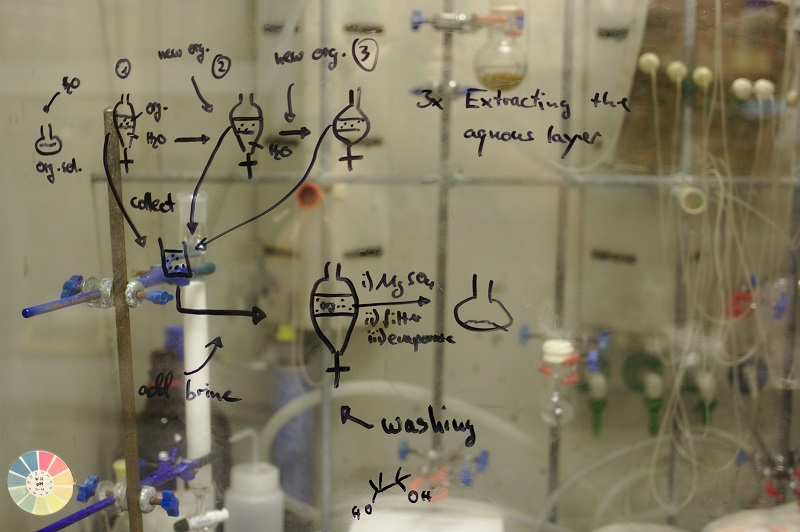Exosome Proteomics: A Key to Understanding Disease Mechanisms and Enhancing Therapeutic Interventions

Exosomes, small extracellular vesicles ranging from 30–150 nm in diameter, have become focal points in modern biomedical research. These nanoscale entities, secreted by most cell types, are involved in cellular communication and carry a variety of biomolecules, such as proteins, lipids, RNA, and even DNA. Their biological relevance has been well-documented, with increasing evidence pointing to their potential in diagnostics, disease monitoring, and therapeutic applications. Among the many bioactive molecules exosomes contain, their proteomic cargo is particularly valuable. This article provides an in-depth exploration of exosome proteomics, its applications in understanding diseases, and the evolving challenges and opportunities in utilizing exosome-derived proteins for therapeutic purposes.
Exosomes and Their Biological Roles
Exosomes are formed within the cell's endosomal system as part of the multivesicular body (MVB) pathway. After MVBs fuse with the plasma membrane, exosomes are released into the extracellular space. These vesicles play an essential role in cellular communication by transferring proteins, lipids, and genetic material between cells. As exosomes reflect the molecular makeup of the parent cell, they have become invaluable tools in assessing the physiological and pathological states of cells.
The fact that exosomes can be isolated from various biological fluids—such as blood, urine, or cerebrospinal fluid—has made them particularly appealing for non-invasive diagnostics. Their cargo, including proteins, mirrors the condition of the originating cells, making exosome profiling a promising avenue for detecting diseases like cancer, neurological disorders, and cardiovascular diseases. Furthermore, the ability of exosomes to cross biological barriers, such as the blood-brain barrier, has spurred investigations into their use as drug delivery systems.
The Significance of Exosome Proteomics
Proteomics—the study of proteins and their functions—has become an essential tool in understanding cellular processes, disease mechanisms, and potential therapeutic targets. Exosome proteomics, in particular, is a powerful strategy for analyzing the protein content of these vesicles and linking it to disease states. The proteome of an exosome reflects the functional state of its parent cell, providing valuable information for researchers.
Several key aspects make exosome proteomics a critical area of research:
l Biomarker Discovery: Exosomes have emerged as promising sources for the discovery of novel biomarkers. In cancer research, exosomes derived from cancer cells often contain tumor-specific proteins, such as mutated proteins or those involved in metastasis. These exosomal proteins can serve as non-invasive biomarkers for early detection, disease monitoring, and even therapeutic response evaluation. Similarly, in neurodegenerative diseases like Alzheimer’s, exosome proteins offer insights into neuroinflammation and protein aggregation, helping researchers identify potential biomarkers for early diagnosis.
l Disease Mechanism Exploration: Exosome proteomics provides a unique window into the molecular processes underlying various diseases. By analyzing the protein contents of exosomes derived from diseased tissues, researchers can pinpoint proteins involved in pathological mechanisms. For example, in inflammatory diseases, exosome proteins can provide clues about the inflammatory signaling pathways at play. Understanding the altered protein networks in these exosomes could reveal new therapeutic targets and improve disease management strategies.
l Therapeutic Potential: Beyond diagnostics, exosomes hold great promise as therapeutic agents. Exosomes derived from stem cells, such as mesenchymal stem cells (MSCs), are rich in bioactive proteins and growth factors that promote tissue repair and regeneration. This regenerative potential has led to increasing interest in MSC-derived exosomes for applications such as wound healing, organ regeneration, and immune modulation. By analyzing the proteins within these exosomes, researchers can optimize their therapeutic efficacy.
l Targeted Drug Delivery: One of the most exciting applications of exosome proteomics is in the development of targeted drug delivery systems. Exosomes are biocompatible and can naturally carry and protect therapeutic molecules, such as proteins, nucleic acids, and small molecules, during their transit to target cells. By modifying the proteins on the surface of exosomes, it is possible to enhance their specificity and direct them to specific tissues, thereby minimizing side effects and improving treatment efficacy.



